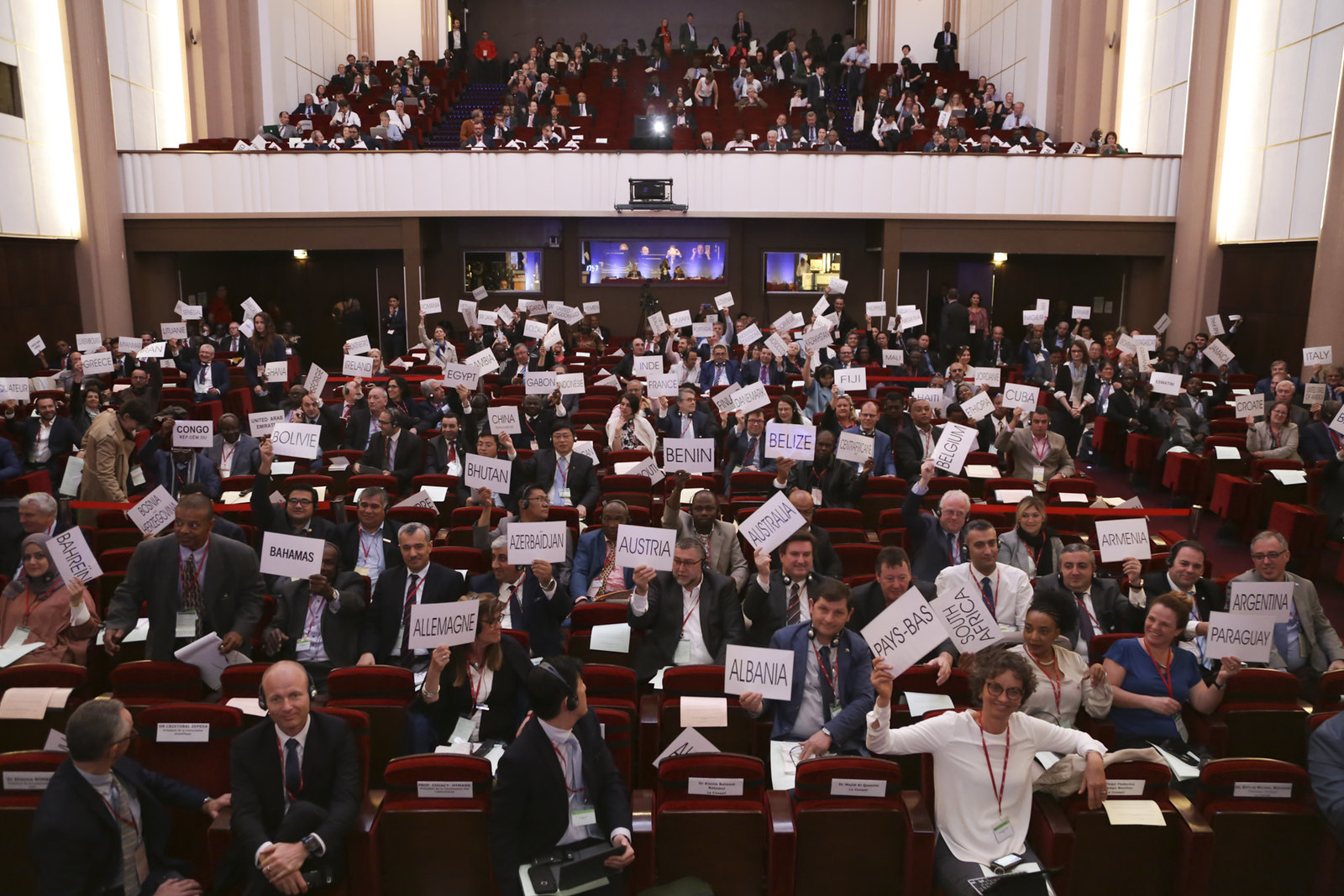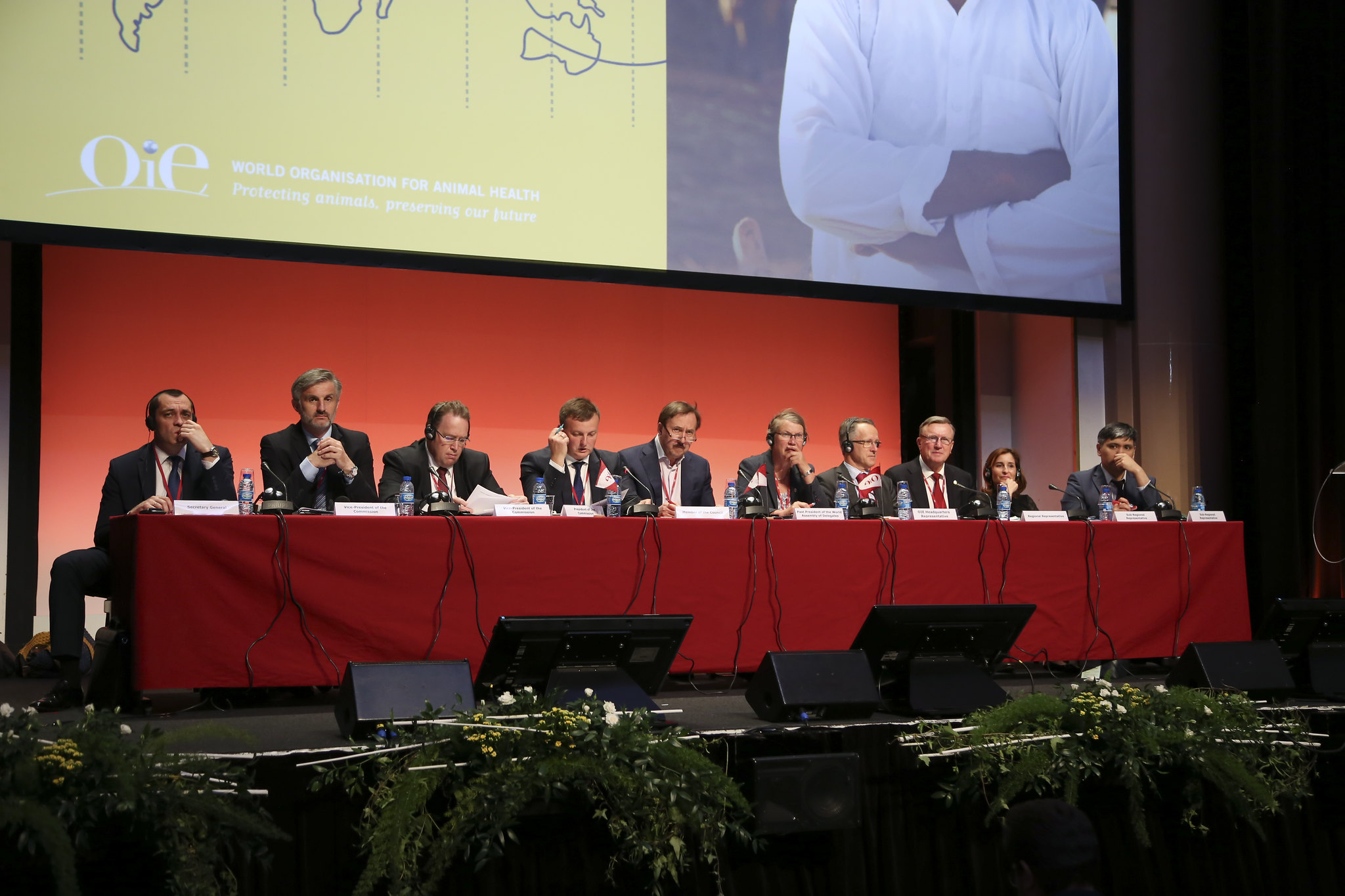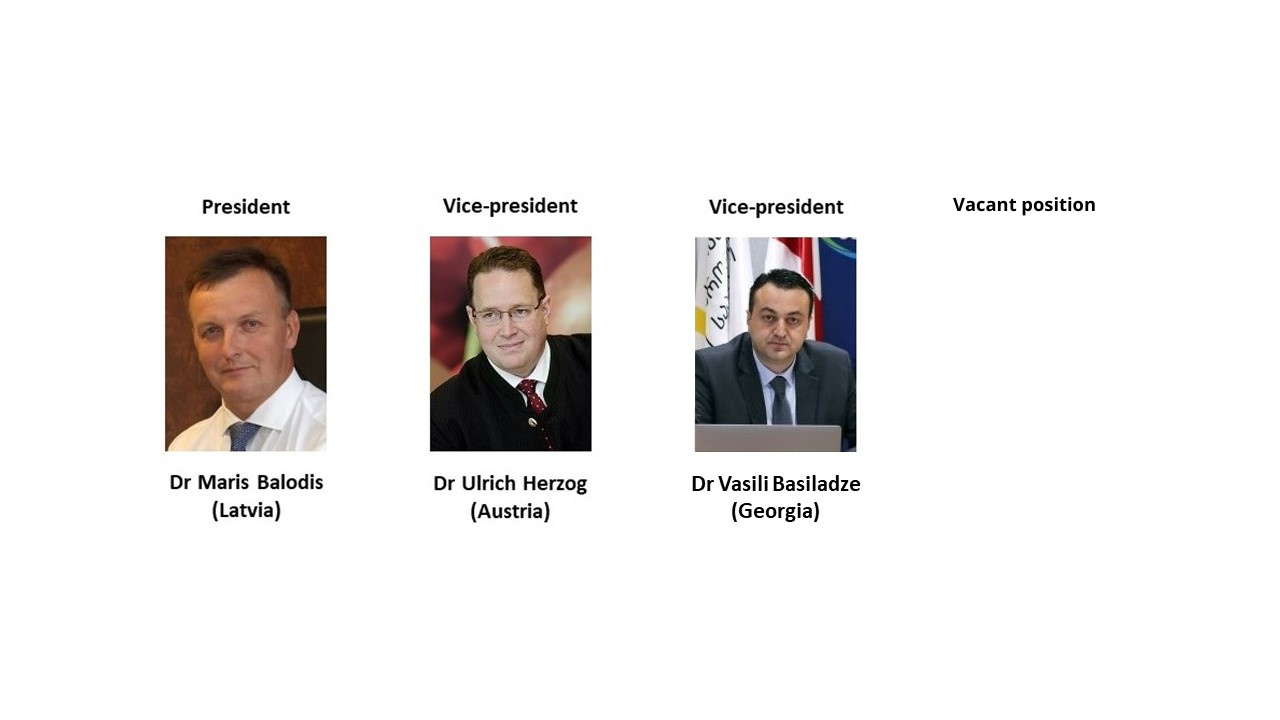
The Regional Commissions are bodies of the World Organisation for Animal Health established by the decision of the World Assembly of Delegates to further the objectives of the WOAH. To this extent, they propose adaptations of our decisions, programmes, strategies, policies and activities of the Organisation in each region of the world, to ensure their implementation according to the conditions and needs of the regions. Amongst others, they also contribute to strengthening the capacities of veterinary services and to the harmonisation of the sanitary regulations relating to trade in animals and animal products.
The Regional Commission for Europe was created to address the specific problems facing its Members in Europe and to organise cooperation at the regional level. This Commission reports on its activities, and possibly also recommendations, to the World Assembly. The Regional Commission for Europe works closely with our Regional and Sub-Regional Representations in the region.
The Regional Commission for Europe is composed of the Delegates of the 53 Member Countries in the region. It is governed by the Bureau, renewed after elections in the General Assembly every 3 years. The current Bureau for Europe was elected in May 2021, during the General Assembly of Delegates, with the following composition:
Operating under the Bureau of the WOAH Regional Commission for Europe and its President, the Regional Core Group of the Regional Commission for Europe, a group of dedicated Delegates from selected Member Countries, acts on behalf of all 53 countries of Europe. Its overall objective is to improve the countries’ participation in our activities in the region, particularly WOAH standards setting process and priority activities.
The Regional Commission for Europe organises a Regional Conference every two years in one of the countries of the region. These Conferences are devoted to technical items and regional cooperation in the control of animal diseases. Regional programmes may be developed to reinforce surveillance and control of major animal diseases, but also other priority fields (i.e. One health, animal welfare).


